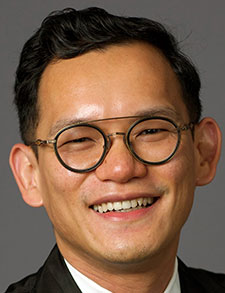Clinical question: Do patients with carotid artery plaque containing detectable microplastics and nanoplastics (MNPs) have a higher risk of myocardial infarction, stroke, or death?
Background: Plastic production has steadily increased, and MNPs are widely found in applications such as food packaging and water pipes. MNPs can enter the human body through ingestion, inhalation, and skin contact. Preclinical studies suggest MNPs may pose a new risk factor for cardiovascular disease. However, the clinical relevance of an MNP burden in relation to cardiovascular disease remains unclear.
Study design: Prospective, multicenter, observational study
Setting: Two hospitals in Italy, with patients recruited from August 1, 2019, to July 31, 2020
Synopsis: The study included 257 patients with asymptomatic high-grade carotid artery stenosis undergoing carotid endarterectomy, followed for a mean of 34 months. Of these, 150 (58.7%) had detectable MNPs. Patients with detectable MNPs in excised plaques were younger (mean age, 71 versus 73 years), more often male, and had lower rates of hypertension, diabetes, and dyslipidemia but higher rates of acute coronary syndrome, smoking, and elevated creatinine levels. The primary endpoint (myocardial infarction, stroke, or death) occurred in 30 of 150 patients with MNPs (20%) compared to 8 of 107 patients without MNPs (7.5%)—a rate of 6.1 versus 2.2 events per 100 patient-years. The adjusted hazard ratio (HR) for MNPs was 4.33 (CI, 2.00 to 10.27), and the unadjusted HR was 2.84 (CI, 1.50 to 5.40). Study limitations include its observational design, potential unmeasured confounding, and the absence of other cardiovascular risk factors, particulate matter exposure, and socioeconomic status.
Bottom line: In asymptomatic patients with high-grade carotid artery stenosis, the presence of MNPs in the carotid artery plaque is associated with a significantly higher risk of myocardial infarction, stroke, or death over a 34-month follow-up period.
Citation: Marfella R, Prattichizzo F, et al. Microplastics and nanoplastics in atheromas and cardiovascular events. N Engl J Med. 2024;390(10):900-10.

Dr. Siau
Dr. Siau is a clinical assistant professor in the division of hospital medicine at NYU Grossman School of Medicine in New York.